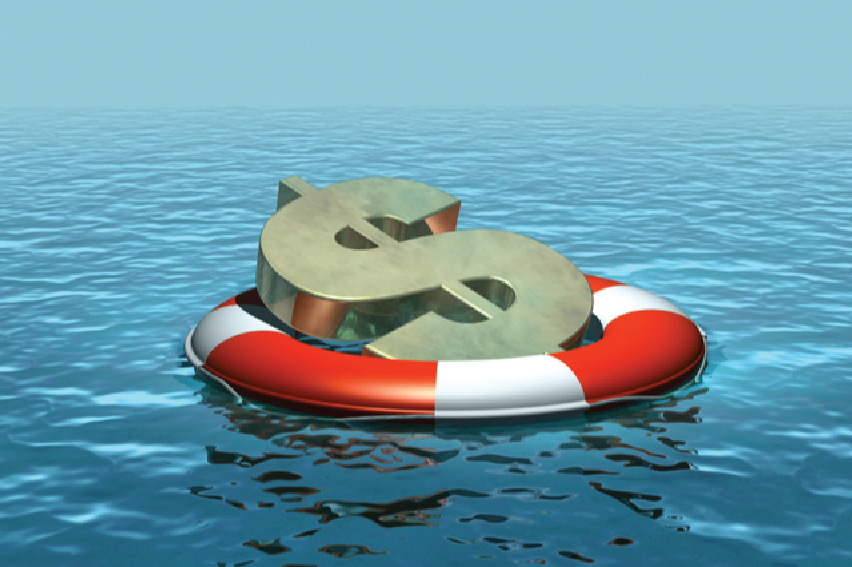More than half of military and veteran families are unprepared for a financial emergency or a significant loss of income, with a third of currently serving families having less than $500 in emergency savings or no emergency fund at all.*
Life is unpredictable and unexpected expenses come up. Anything from a spouse losing their job, an emergency vet visit, or paying for car repairs can dramatically impact your financial posture. That’s why it’s important to factor unexpected emergencies into your financial strategy.
Having a financial buffer can help pay for unavoidable expenses without having to worry about reallocating funds from elsewhere. But saving money for an emergency fund isn’t always obvious and knowing where to start or how much to save can vary from person to person.
Starting Your Emergency Fund
Before you can start building an emergency fund it’s helpful to map out your monthly finances. How much are you spending per month on all your expenses and how much are you putting away for savings? Once you have a solid overview of your financial situation you can assess how much money to save each month. This amount could differ dramatically for a single professional or a family of five, but it’s critical that the recurring deposit amount is feasible with your current budget.
Once you’re set with an appropriate monthly savings amount, we recommend you open a high-yield savings account with your bank specifically for emergencies. Not only will this give you immediate access to your emergency funds, but it will also allow you to earn interest whenever you make a deposit.
When you first open an emergency savings account through your bank, you should try to maintain separation from your normal savings and checking accounts. By keeping a clear line of division between this account and your daily bank accounts, you avoid the potential for withdrawing money regularly. Simply stick to depositing your budgeted monthly amount and allow your emergency account to slowly build over time.
Common Saving Tips
To ensure you can consistently save money for your emergency fund and reduce unnecessary expenditures, we recommend following some of these common saving tips:
- Be consistent when depositing to your savings.
- Assess your recurring payments and paid subscriptions to see where you can save.
- Leverage automatic saving and direct deposit.
- Set realistic goals and track your progress.
- Try to avoid or limit impulse buying whenever possible.
The best time to start saving for an emergency is today. By following a set budgetary strategy each month, you can reduce the risk of being caught financially vulnerable when the unpredictable happens.
For help creating a budget, as well as access to valuable tips & tools for saving and achieving your financial goals, register for The Edge. It’s an online resource center designed exclusively for – and 100% free to the military community.

